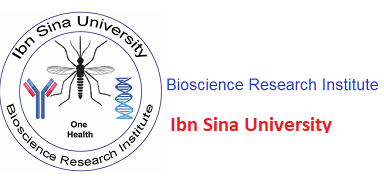(Building platforms for multidisciplinary collaborations to understand the drivers of antibiotic resistance in the Nile Valley)
The aim of this network (PRESAR network) is to provide an opportunity for international researchers to come together and create a synergistic interdisciplinary approach to understanding the drivers of antibiotic resistance (ABR) transmission. We include biomedical scientists, physicians & social scientists. The emphasis of this network is to involve social scientists (political scientists, economists, historians and anthropologists) in order to initiate a dialogue between bio-medics and social scientists which would lead to subsequent successful projects to gain understanding of the drivers of ABR in Sudan. Through the proposed network, we aim to enhance capacity for local social scientists to get involved with ABR research.
Furthermore, we are committed to improving ABR research across the region, and will therefore extend the network in include colleagues in Egypt and Ethiopia to enhance South-South collaborations. This network would facilitate knowledge exchange in ABR, discuss common obstacles and successes, thereby fostering a constructive research environment in the Nile Valley region. The overall aim is to build capacity, and help create locally-relevant cross-disciplinary research that will eventually reduce the disease burden. We aim to deliver impact both locally in Sudan, regionally in the Nile Valley, and globally – encouraging engagement, communication and dissemination of findings to the global research community.
This aims of this PRESAR network include short- and long-term goals that will benefit individuals, institutions and countries. In the short-term, we will
- Establish a new multidisciplinary research network involving local, regional and international experts in biomedicine & social science.
- Build capacity for social scientists to undertake research in ABR.
- Facilitate knowledge exchange and promote local engagement of scientists
In the long term, the network will:
- Create locally-relevant research projects to understand the drivers of ABR transmission.
- Benefit the community, patients and their families, in reducing the burden of ABR-infections and transmission.
- Reduce the burden of infections will have direct economic benefits, as WHO estimates the LMIC burden is 3x higher, with an estimated cost of ~€7 billion per annum.
- Establish a cohort of independent scientists with strong skills and knowledge.
- Enhance community engagement and knowledge in ABR.

